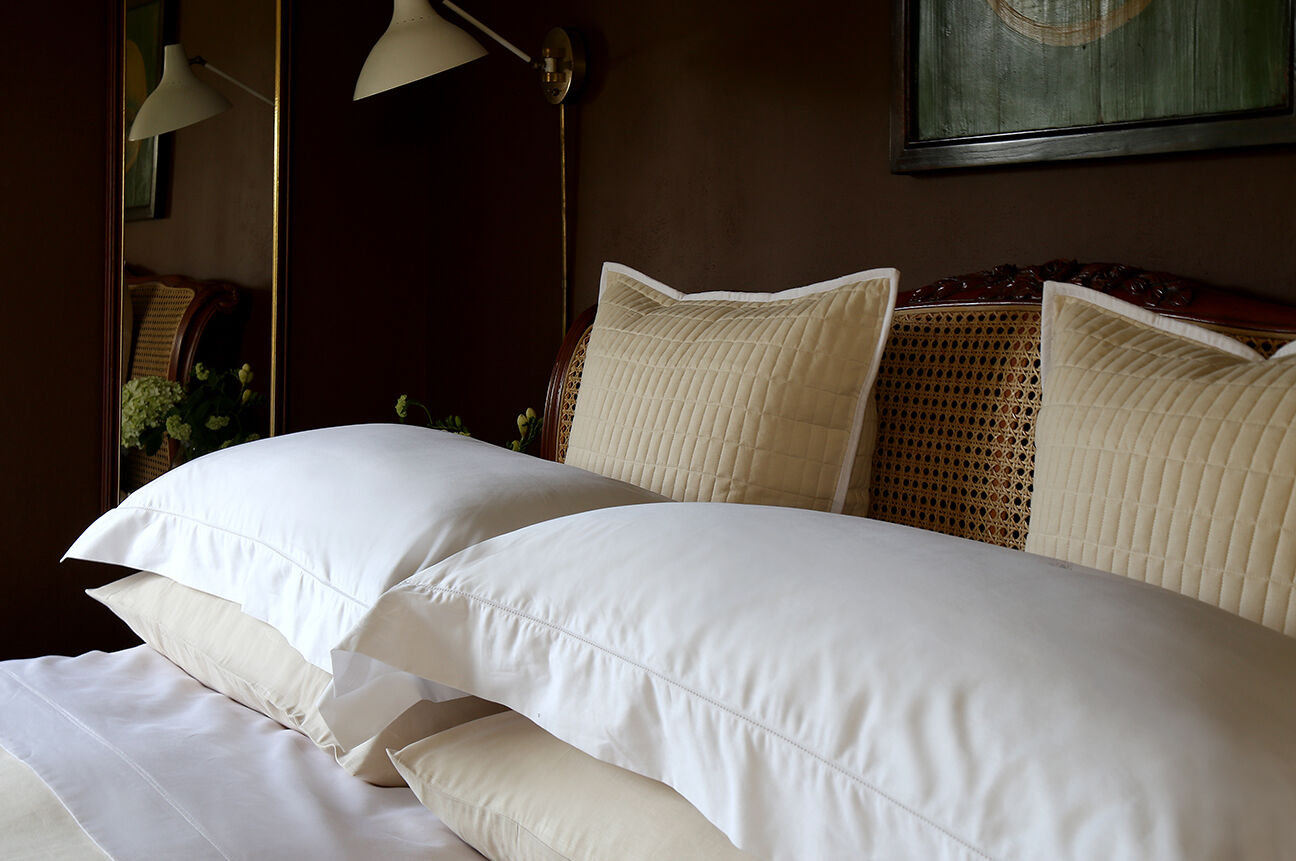Experts aren’t certain why this process takes place during sleep, but it is believed that several factors may be involved |
– During sleep, breathing and muscle activity slows down, freeing up energy for our immune system to perform critical tasks.
– The inflammation that happens during sleep could harm physical and mental performance if it occurred during waking hours, so these processes unfold during nightly sleep.
– Melatonin, a sleep-promoting hormone that is produced at night, is adept at counteracting the stress that can come from inflammation during sleep
While this immune system activity during our sleep is beneficial, a critical aspect of this process is that it is self-regulating. As our sleep period winds down, the body’s circadian rhythm ramps down this inflammation. In this way, getting enough high-quality sleep facilitates the delicate balance of immune function that is vital for both innate and adaptive immunity.
While sleep plays a critical role in immune function, our immune system also affects sleep in multiple ways. Infections trigger various responses from the immune system, including a lack of energy and sleepiness. This is one of the reasons why, when we are sick , we often spend more time sleeping.
The nature of our sleep changes during infection, altering how much time is spent in certain sleep stages. Specifically, the immune response induces more time in stage 3 non-rapid eye movement REM sleep, which is also known as deep sleep. Deep sleep involves a greater slowing of bodily processes, allowing our immune system to utilise more energy to fight infection.
While researchers continue to study the relationships between sleep and our immune system, there is much evidence to demonstrate how closely interlinked they are and how our immune system can harness sleep to improve its ability to fight off infection and illness.
Given the importance of sleep for immune function, make it a priority to get a sufficient amount of uninterrupted sleep every night so that you can benefit from a strengthened immune system.
Improving sleep often starts by focusing on our habits, routines, and sleeping environment. Invest in the best quality mattress and bed linens you can afford. Use mattress and pillow protectors and launder linens weekly for a clean sleep environment that doesn’t aggravate allergens.
Avoid blue light before bed, ensure your room has fresh air and good ventilation. Invest in cool cotton blend or linen pyjamas and rather layer up with Reed quilts and blankets that you can easily shed through the night as your body works to maintain a healthy temperature.
Sweet Immune Boosting Dreams,
Karen Reed



